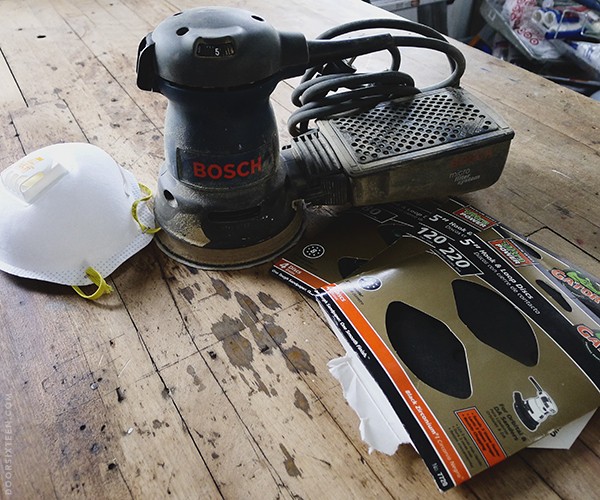How RenttoOwn Works A Deeper Look
Post on: 6 Июль, 2015 No Comment

Pros and Cons for Renter/Buyer
There are a lot of things to consider when entering a rent-to-own agreement. Some of the pros are
- You can try out the home and the neighborhood before committing to the purchase.
- The price of the home is locked in (of course, this could also be a con).
- You can often buy the home early if you’ve saved up enough money before the lease period is up.
- If this is your dream home we’re talking about, you’ve got it guaranteed, even though you can’t afford it right now.
Before you start packing, though, here’s a couple cons to think about:
- The renter is almost always responsible for home maintenance and repairs.
- Most contracts stipulate that you lose your monthly rent credit if you’re even one day late on your rent that month.
- Even if you’re current with your payments, if the homeowner doesn’t make the mortgage, taxes and insurance payments, they could lose the house and you would get evicted.

And, not to be a Debby Downer, but if you can’t afford a home and mortgage now, will you be able to in 3 years? What will change? Instead of renting to own, why not just set up a separate savings account and save the money on your own with no risk of losing it?
Pros and Cons for Seller
Just like for the renter/buyer, there are some benefits to renting to own your home:
- You get a quick cash flow that’s more than what you would get if you were just renting – remember the several thousand dollar option fee?
- You’re (basically) guaranteed to sell your home.
- If the renter doesn’t buy, you get to keep all the extra money.
- The renter/buyer will probably take better care of the home than a traditional renter because they plan on living there longer and making it theirs one day.
- You can’t sell the house to someone else during that period of time.
- The home price is locked in. Again, this is both a pro and a con. In theory, the price of your home is going to increase every year.
- If the renter/buyer can’t pay after a while or bails on you, you’ll have the extra money they paid you, but if you can’t afford to pay the mortgage on two homes, you might be in financial trouble of your own, and you’ll have to go through the hassle of finding new tenants.
Contract Tips
Now, whether you’re the renter/buyer or the seller, there are a number of things you need to figure out and plan for before you sign a contract, and it’s strongly recommended that each of you have a real estate lawyer help you draw up the agreement to make sure everything is legal and safe.
For the renter/buyer
- As the potential buyer, you need to act like you’re planning on buying the home right away. Do a title search to make sure the deed is clean and the homeowner can actually transfer the title.
- Talk to a mortgage lender beforehand to make sure they will accept your option fee and rent credit as part of the down payment. Also find out what you’d need to qualify for the loan down the road, and get an appraisal and inspection.
- For you to get a mortgage on the home, the lender has to agree that the base rent was the fair market value and that the option fee you paid on top of it was actually extra – if the lender believes the fair market value was higher, then you won’t be able to use that “extra” money for the down payment. The fair market rent will be determined by an appraiser.
- Talk about who’s going to cover maintenance, repairs and home improvements.
- Find out how the seller plans to manage your option fee and rent credits while you’re renting.
- Confirm that the home’s mortgage, taxes and insurance are being paid on time.
For the seller
After going through all those pros and cons, it might seem hard to figure out if renting to own is a good idea for you or not. If you’re having trouble selling your home, building your credit or saving up for a down payment, a rent-to-own deal is probably worth thinking about. But there are extra risks involved, so you might just be better off developing a strict savings plan for yourself – or going with a traditional renting agreement if you’re the homeowner.














